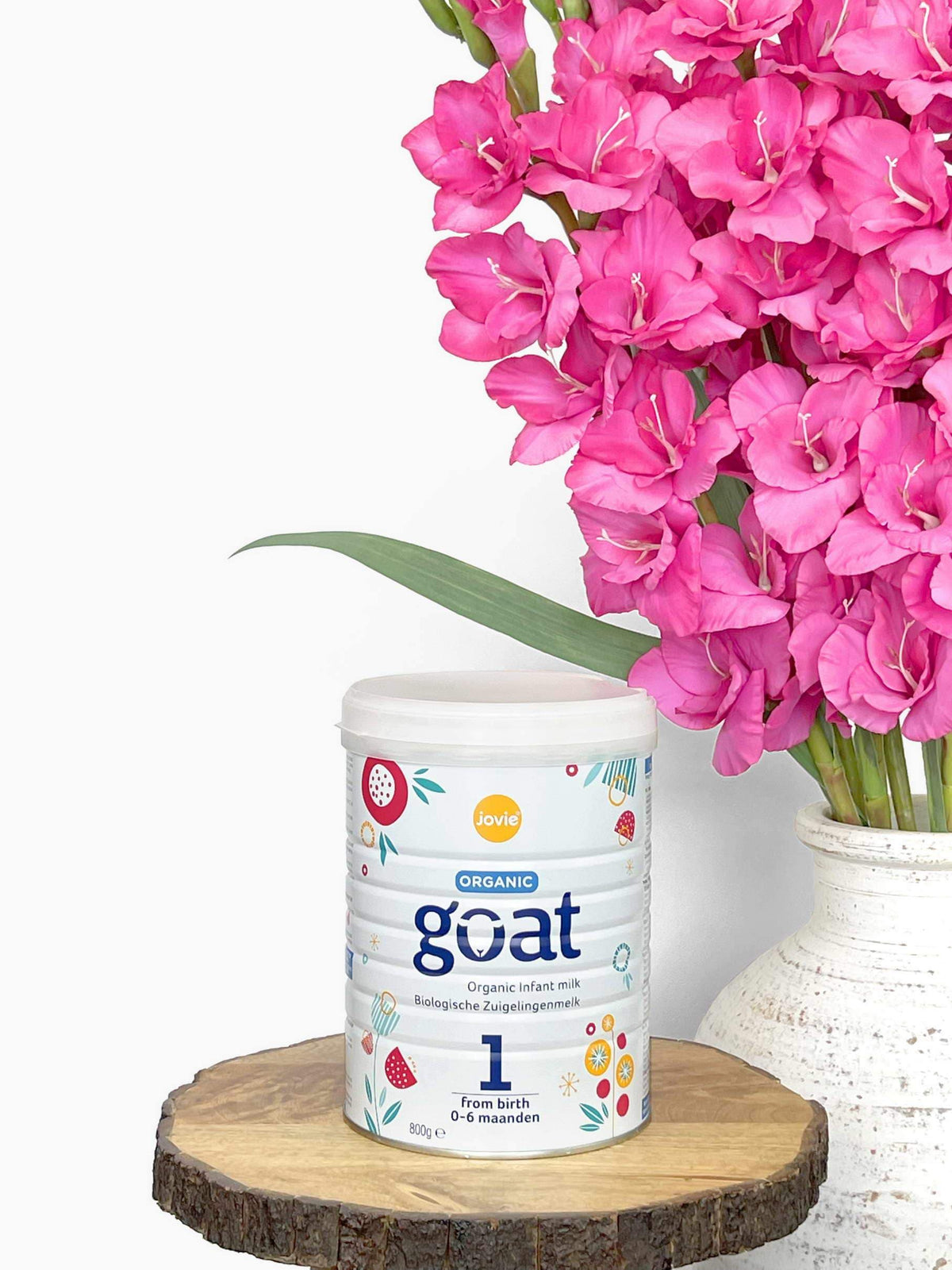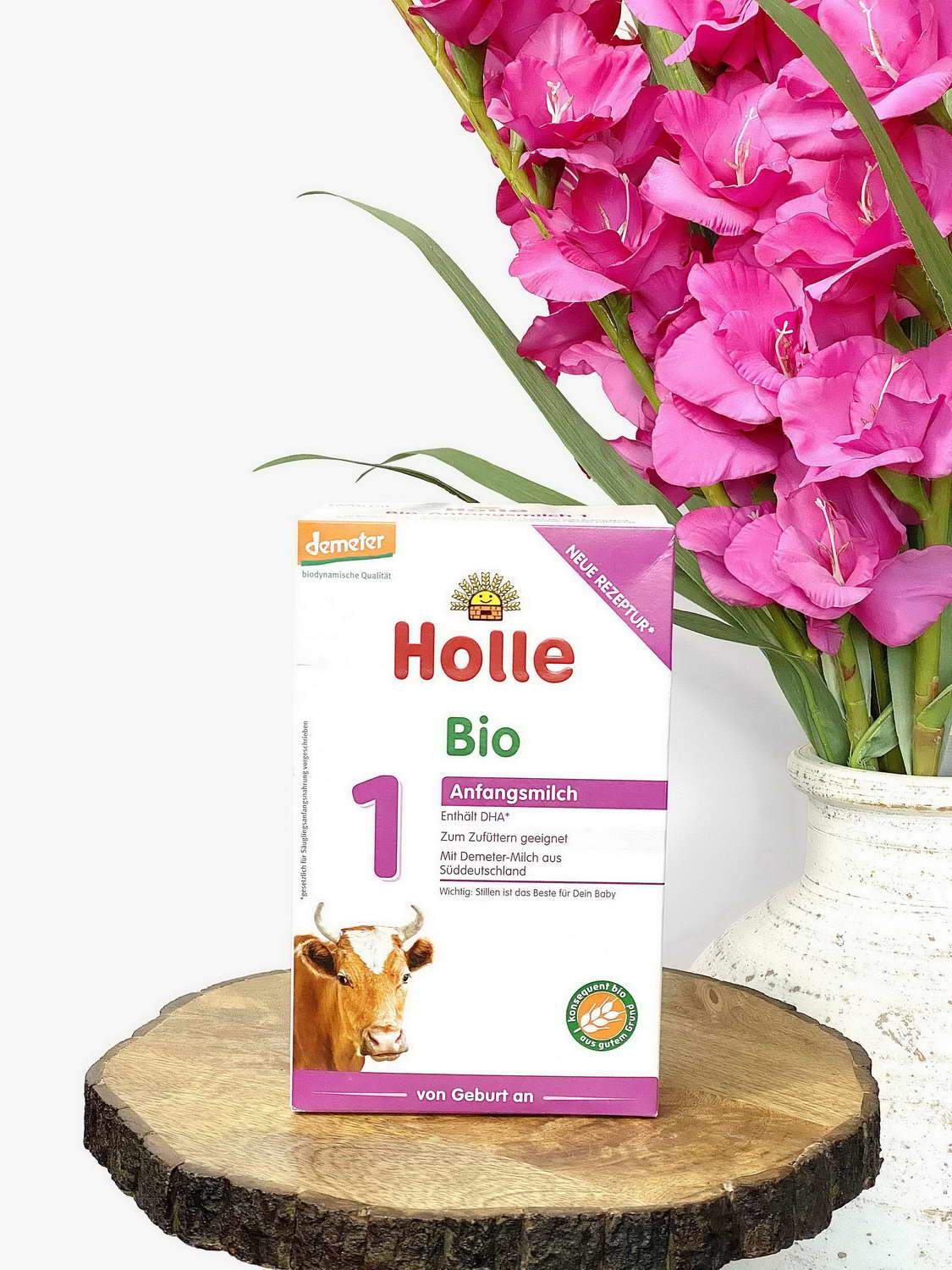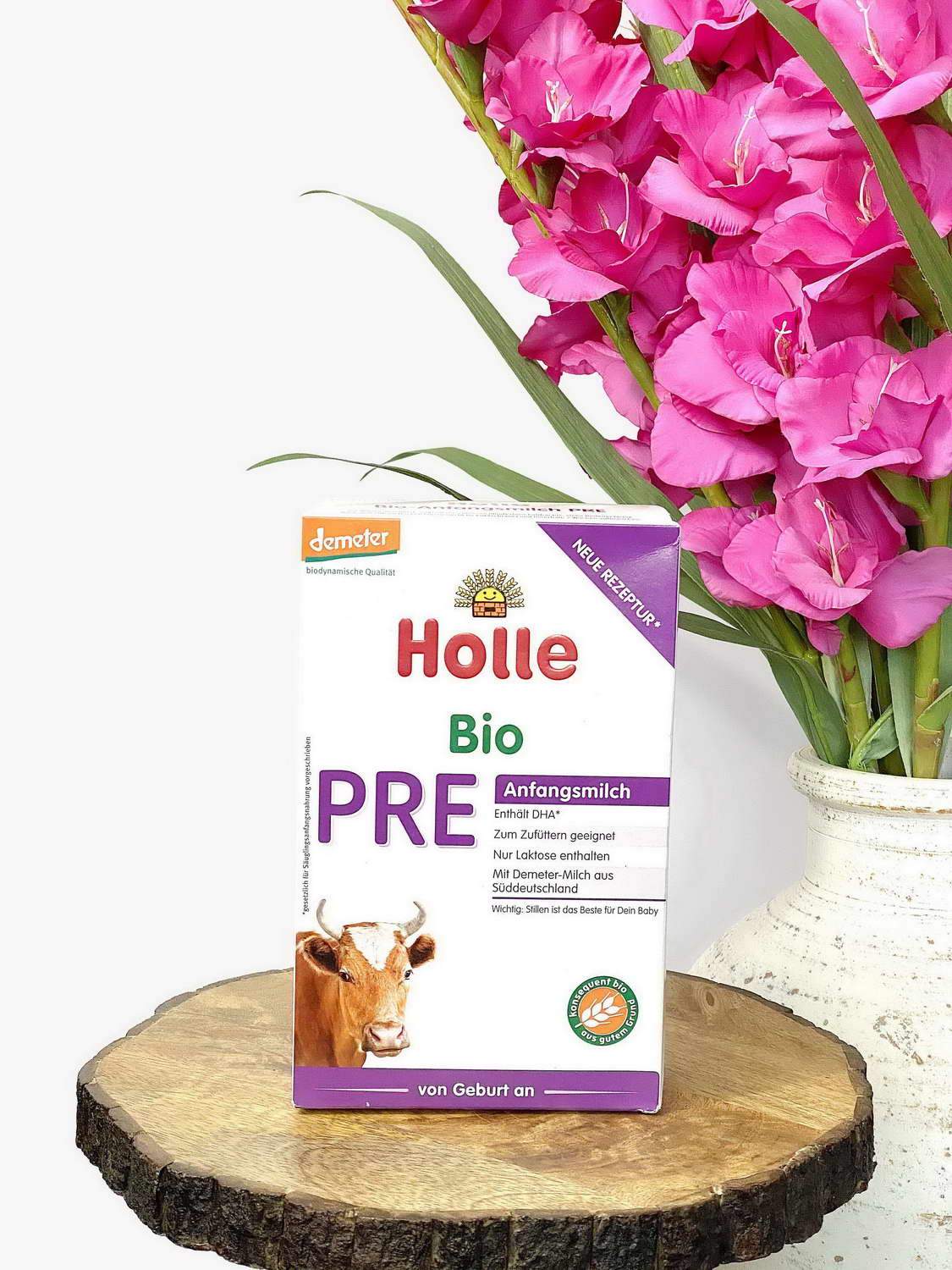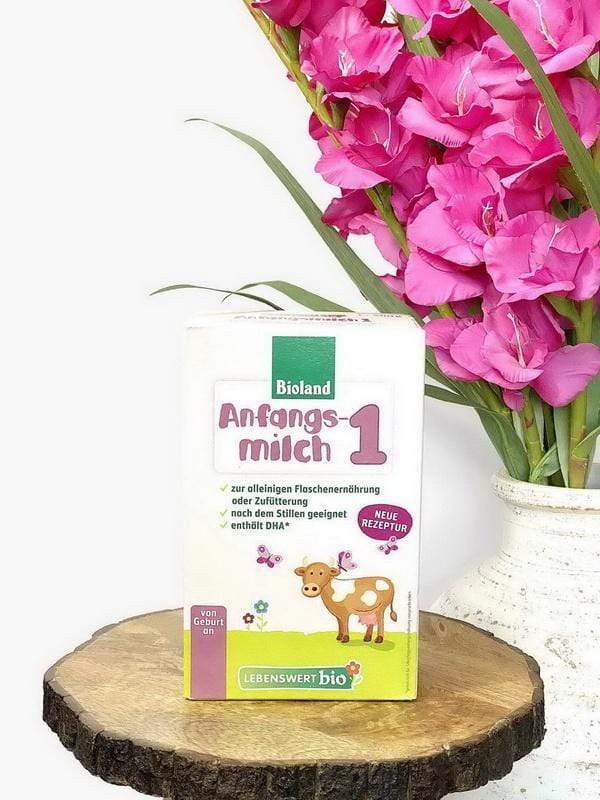Whether you breastfeed or bottle-feed, milk is supposed to be nutritious and comforting. When a baby cries after feeding, it can be worrisome.
For the moms and dads not getting sleep in-between feedings, it can also be immensely stressful. No matter what you do to try to ease your baby’s pain, nothing seems to work right.
There are lots of different potential causes, but here are a few common issues.
7 Reasons Your Baby Cries After Feeding
- Acid Reflux
Why does my baby cry immediately after feeding?
As babies mostly consume a liquid-based diet, acid reflux is more common than parents realize.
A higher rate of stomach acid production or taking in too much food can cause acid reflux. Gastroesophageal reflux happens when the esophageal sphincter between the esophagus and stomach fails to close as it should.
Symptoms of acid reflux include stomach pain, coughing, frequent vomiting, gagging, crying, choking, spitting up, and noticeable weight loss.
- Food Allergies
If your baby cries after feeding, a food allergy may be causing the pain and discomfort.
Food allergies are problematic for both breastfed and formula-fed babies. Mothers can pass food particles to babies through their milk.
If a formula has gluten, it can also occur. If a baby is allergic to food like milk, wheat, soy, corn, or nuts, a feeding can trigger a reaction.
- Colic
One in five babies under three months of age show symptoms of having colic. While there is no medical cause nor cure, crying for hours and days without a reason is not unusual.
Doctors speculate that an underdeveloped digestive system, food allergies, feeding amount, or anxiety could be the cause. Not knowing the cause leads to stress and sleepless nights.
- Thrush
Is it normal for a baby to cry after feeding? Yes, if they have thrush!
Thrush is caused by a yeast called Candida Albicans. Don’t worry! While not harmful, it is painful.
When it grows in excess, it causes white sores on the gums, tongue, and mouth. As they are bumps, they are tender, so whether you breastfeed or bottle-feed, a nipple suction can irritate a baby’s mouth and cause pain.
- Gas
Along with breastmilk or formula, a baby swallows air. It can sometimes take as long as thirty minutes to help release the excess within the stomach.
At that time, the pain intensifies and causes discomfort. If your baby cries after feeding and burping, your baby may have swallowed too much air, so try changing your position and burp your little one again.
- Teething
Why does my baby cry after a feed? Perhaps teeth are beginning to protrude.
Teething is something babies (and parents) dread as the soreness and pain in the gums cause lots of tears and sleepless nights.
Feedings can be especially tough because babies may be extra fussy, even when eating the thing they usually love. Sucking motions can also cause undue discomfort, so it might be growing pains.
- Tired Or Stressed Out
Why is my baby so fussy after eating? This could be tiredness.
That’s a common question mom and dads often ask when there is no apparent reason. It may very well be that your baby is tired or stressed out.
Babies who are breastfed often don’t get as much rest as those who are formula-fed. This makes parents feel tired and stressed out, too. It should settle at the three-month mark.
Best Formula for Colic
HiPP Special Comfort
Age: 0 months +
Size: 500g / 17.6oz
Why Choose?
Prebiotics & Probiotics for healthy digestion, Reduced lactose content, Hydrolzed milk protein
Best Formula for Reflux
HiPP Anti- Reflux
Age: 0 months +
Size: 500g / 17.6oz
Why Choose?
Organic Locust Bean Gum makes this creamier and easier for babies with reflux / spit up
Baby Cries After Feeding Formula: What Can You Do?
There are a few things you can do when babies cry after feedings:
- If the problem is a food allergy or medical issue, talking to your pediatrician is the best place to start to evaluate the symptoms. It will be helpful if you keep a journal of symptoms.
- If it is a controllable issue like excess gas or stress, you can try to swaddle your baby or change the position in which you feed and burp your baby.
- If your baby is breastfed, you may want to consider weaning your baby or interchanging the feedings with formula. If your baby is formula-fed, your little one just might need a more sensitive formula.
- If your baby is sensitive to lactose, using HiPP HA, HiPP AR, HiPP Comfort , or Holle Goat are great alternatives. Kendamil goat milk formula will also be available soon on the My Organic Company website.
- If your baby is suffering from acid reflux, HiPP AR, is designed specifically for this issue with the added locust bean gum to help aid in digestion. For more information on HiPP AR, check out our HiPP AR blog article! Also, many moms have had success using Kendamil to help with AR, as the whole milk formula keeps the acid down.
Conclusion
We went over 7 different reasons your baby might cry after feedings and ways to help your baby. It is important to understand that though this may be stressful for you as a parent and for the baby, there are several options out there that can help.
Please remember that talking to your Pediatrician is highly recommended as some reasons your baby is crying after feedings are more severe than others.
To learn which EU companies or formulas are right for you, please contact us at https://myorganiccompany.store/pages/contact-us or send us a direct message on Facebook, Twitter, or Instagram.
We’ll be glad to find out your needs and offer the best formula solutions.














